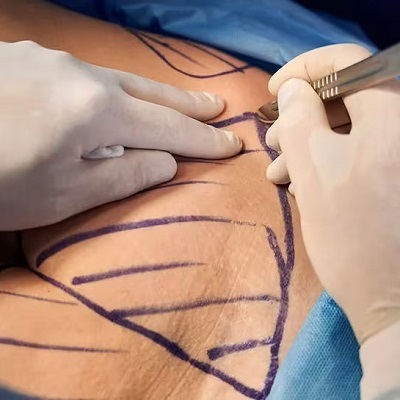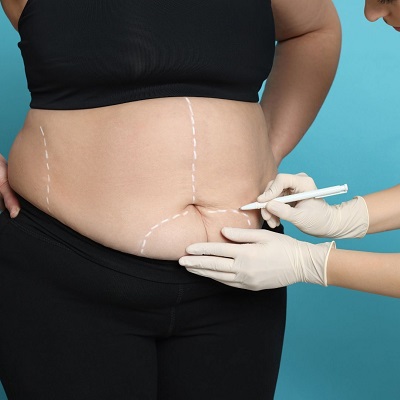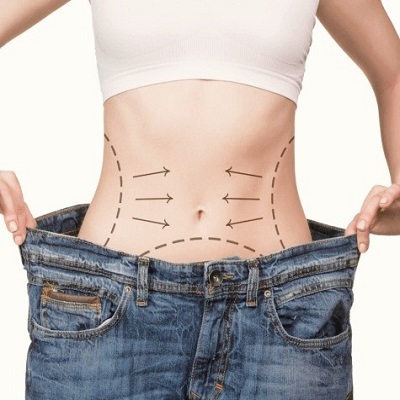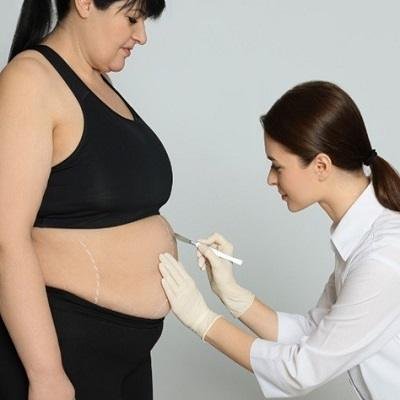
If your weight has given you health problems and diabetes, and all of the weight loss methods have failed for you, then you might benefit from bariatric surgery, which has been proven to havea 90% success rate. Find out how bariatric surgery works, which procedure is right for you, realistic costs and outcomes, and why Royal Cosmetic Surgery is the best weight loss clinic in Islamabad.
Benefits of bariatric surgery:
We have listed the benefits of the bariatric surgery:
- Weight loss that can be sustained.
- Improvement in heart conditions that are due to obesity.
- Boosts overall physical health.
- Significant improvement in type 2 diabetes.
- Increased mobility.
- Better energy levels.
- Less joint pain.
- Better metabolic functioning.
- Non-invasive procedure for weight loss.
Ideal candidate for bariatric surgery:
You can be an ideal candidate if:
- You have a BMI of 35 or higher.
- If you have obesity related complications.
- If you have cardiovascular disorders.
- If all other weight loss methods have not worked.
Types of bariatric surgery:
1. Gastric Sleeve (Sleeve Gastrectomy):
The most popular bariatric procedure worldwide. Surgeons remove approximately 80% of the stomach, creating a narrow, sleeve-shaped stomach about the size of a banana.
2. Gastric Bypass (Roux-en-Y Gastric Bypass):
Considered the “gold standard” of bariatric surgery, this procedure creates a small stomach pouch (30ml) and connects it directly to the small intestine, bypassing the larger stomach and first section of small intestine.
3. Adjustable Gastric Band (Lap-Band):
An inflatable silicone band is placed around the upper stomach, creating a small pouch above the band with a narrow passage to the rest of the stomach.
4. Duodenal Switch (Biliopancreatic Diversion with Duodenal Switch):
The most complex bariatric procedure is combining sleeve gastrectomy with extensive intestinal bypass. Removes 70% of the stomach and reroutes a large portion of the small intestine.
Bariatric Surgery procedure at Royal Cosmetic Surgery:
Anesthesia:
The bariatric surgery is done under general anesthesia. The anesthesia is administered so that patients do not face any discomfort or pain during surgery.
Incision:
After that, the incision is made with the help of the laparoscopy and other surgical instruments.
Procedure:
The stomach is cut into two parts: a smaller one and a bigger one. The small pouch is transformed into the stomach, thus severely decreasing the amount of food you consume. After that, the small intestine is also cut and attached to the new pouch. The bypassed section of the small intestine is then attached farther down to allow digestive juices to mix with food.
Recovery:
The new digestive system results in significantly fewer calories, resulting in weight loss. The procedure lasts 2-3 hours, and most of the patients spend 2-3 days in a hospital.
Bariatric surgery cost in Islamabad:
The cost of Bariatric Surgery in Islamabad generally ranges from PKR 400,000 to PKR 800,000. The actual amount depends upon the following factors:
Factors Affecting the Cost:
- Procedure type.
- Hospital facility fees.
- Length of hospital stay and postoperative care.
- Technology used for weight loss.





